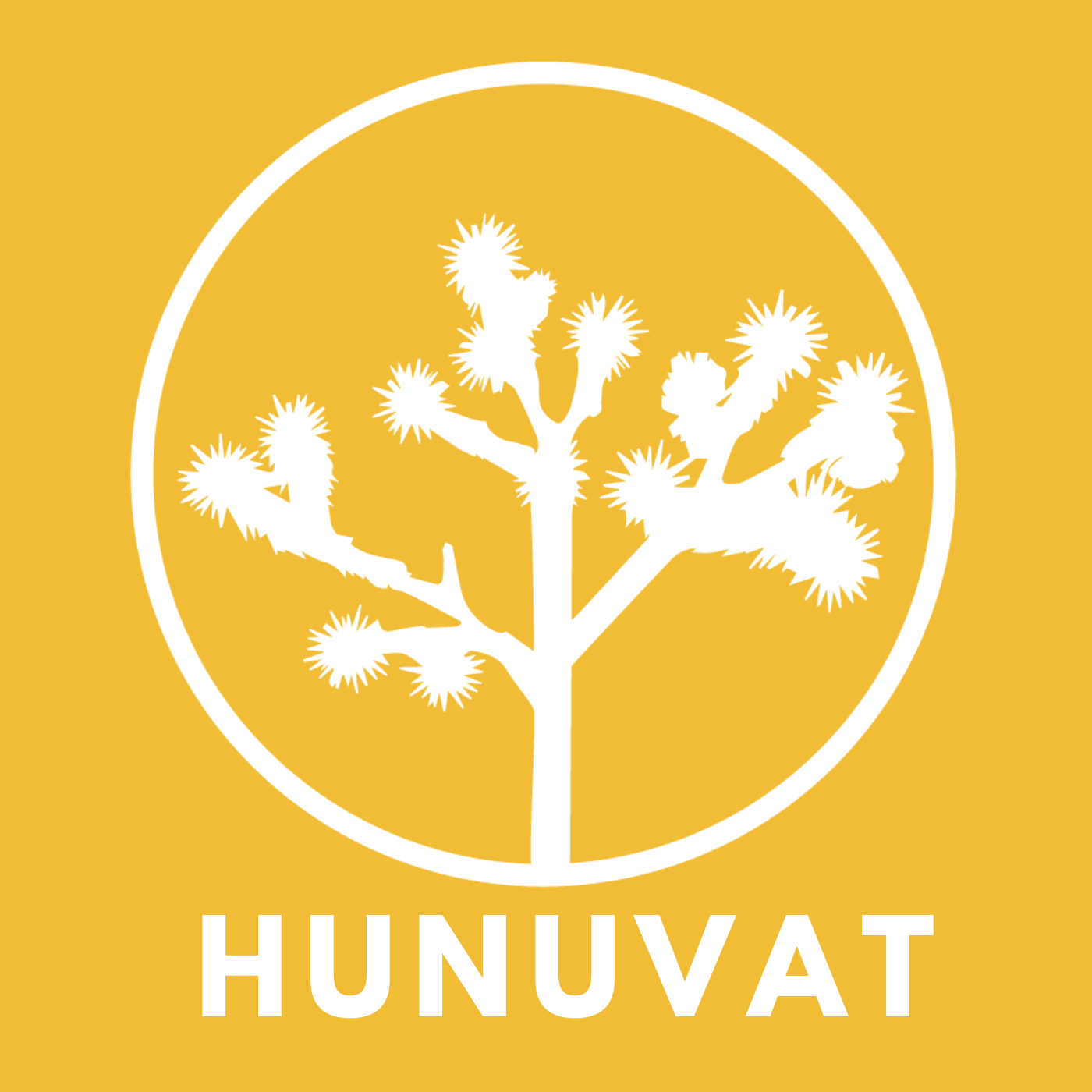What we do
Share the Fruits of Scientific Progress
Hunuvat is a small network of health and human rights experts. Our founder, Ben Plumley was previously CEO of Pangaea a global infectious disease technical assistance and policy think tank that was based in Oakland California and Harare Zimbabwe. He brought gold-standard life-saving treatment to people in need in Tanzania, Zimbabwe, Laos and China. Pangaea's approach, which underpins Hunuvat's philosophy is to collaborate with governments and communities to build strong, sustainable strategies to improve the health of all.
Hunuvat is helping citizens in emerging economics in Africa, the Caribbean and South East Asia significantly improve the quality and reach of healthcare available to them, through affordable, insurance-based universal healthcare schemes, in partnership with healthcare providers, insurers and drug manufacturers.
And it is not just medicines that are currently on the market. Hunuvat is passionate about helping policy drive new, transformative advances in science, and involving the communities that will benefit from them into their research and development at the very earliest stages. We have been at the forefront of policy development for long acting injectable HIV treatments, prevention technologies, new therapeutic options for hepatitis, and novel approaches to infertility treatment and embryo research, to name but a few.
Hunuvat Hubs: Driving Global Policy
Hunuvat is linking communities, non-governmental organizations and the private sector with national and international policy makers, to ensure that their voice is heard, and that policies that affect these communities, genuinely reflect their needs.
Hunuvat is dedicated to help society think through the ramifications of new technologies - even at their conceptual stages - how they might impact our lives, positively or negatively.
A Shot In The Arm Podcast
Hunuvat is collaborating with NewsDoc Media to create high quality, accessible podcasts to explore new challenges in health and human rights - particularly how biomedical and behavioral innovations can be incorporated rapidly into public health strategies - with the leadership and engagement of local communities. The centerpiece is www.ashotinthearmpodcast.com, now into its 4th season.
Hunuvat believes that the private sector has much more to offer, as the world responds to the challenges of new infectious diseases, and building universal healthcare for all.
Hunuvat encourages private and public sector research and advocacy collaboration to identify the next wave of infectious disease challenges and develop effective rapid solutions.
Hunuvat is also supporting Friends of the Global Fight. the Washington DC-based advocacy group for continued US engagement in support of the Global Fund to Fight AIDS TB and Malaria. Friends has established a private sector advisory council, which Hunuvat is helping grow as well as identifying concrete data, process technology and biomedical collaborations to transform the world’s response to these diseases.
Hunuvat’s consultants have been at the forefront of the business response to global health for over 30 years. Ben Plumley established the Global Business Coalition on HIV/AIDS, with the late Ambassador Richard Holbrooke in 2001. They recruited over 200 international companies to join the fight against AIDS. Ben developed the standards for business engagement in health: workplace education and treatment programs, community outreach, and global advocacy. He has helped large corporations develop, implement and monitor workplace wellness programs for HIV, TB, Hepatitis, Breast Cancer and Cervical Cancer.
The business community is an essential - and often undervalued - partner in improving health and wellness. The workplace offers unparalleled opportunities to provide access to information, testing and treatment, while respecting the confidentiality of employees. In many countries, companies are at the forefront of providing quality medical healthcare to the broader communities in which they are based as well.
